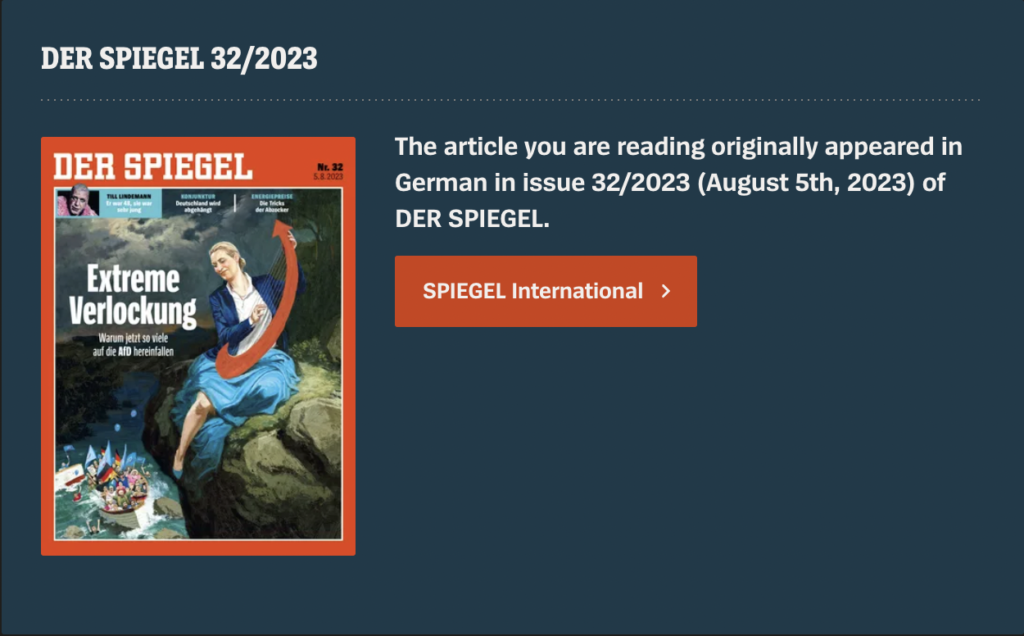In a recent publication by Der Spiegel, authored by Walter Mayr, alarming insights into the leadership of Serbian President Aleksandar Vučić and its implications for the Balkans’ stability have been brought to light. Despite cultivating a modest public image, Vučić’s political ambitions and ties to Russia are raising concerns about his role as a potential proxy for Vladimir Putin’s influence in the region.
International concerns grow over his motives and influence.
Vučić, standing over two meters tall, may present a humble facade, but his actions tell a different story. The article suggests that he has all the hallmarks of an instigator, and his vision of a “Serbian World” raises serious questions about regional peace. The ongoing protests against his autocratic rule and the charged atmosphere in Serbia highlight growing discontent.
Mayr’s report delves into Vučić’s foreign policy strategy, which seems to be a delicate balancing act. Despite emphasizing relations with the West, he also cultivates ties with Moscow and Beijing. His refusal to participate in Western sanctions against Russia following the Ukraine invasion, coupled with an increase in the harassment of Russian opposition activists sheltered in Serbia, paints a worrying picture.
The region’s stability appears to be spiralling out of control under Vučić’s leadership. Clashes between NATO soldiers and Serbian minority loyalists in Kosovo, the looming referendum in Bosnia’s Republika Srpska on secession, and the potential shift in Montenegro’s government towards Serbia-leaning forces all contribute to a volatile situation. The United States has responded by imposing sanctions on key Serbian officials, including Vučić’s confidant and head of Serbian intelligence, Aleksandar Vulin.
Of particular concern is Vučić’s adherence to the “Serbian World” concept, which seeks close relations among all Serbs, both within and beyond Serbia’s borders. This ideology aligns with Putin’s “Russian World” vision, which has been used to justify invasions in Georgia and Ukraine. The article raises questions about whether Moscow is leveraging Vučić to spread instability further into Europe.
Furthermore, the report highlights Vučić’s use of religion, particularly the powerful Serbian Orthodox church, to bolster his regime. The completion of the Saint Sava Church, partially financed by Russia’s Gazprom, symbolizes the alignment between Vučić’s goals and Moscow’s influence.
The disturbing narrative also explores Vučić’s attempts to deny historical atrocities, such as the Srebrenica genocide. His past defence of convicted war criminals and downplaying of the Bosnian Muslim genocide raises concerns about his commitment to truth and reconciliation.
As Vučić continues to manipulate the Serbian victim narrative to his advantage, Western diplomats grapple with the ethical dilemma of relying on him for stability in the Balkans. Despite such concerns, Vučić’s party has found acceptance within the European People’s Party, further blurring the lines between his ambitions and the West’s goals.
In conclusion, Der Spiegel’s report sheds light on the dangerous trajectory Serbia is taking under President Aleksandar Vučić’s leadership. His ties to Russia, promotion of a divisive ideology, and manipulation of history pose threats to regional stability and the Balkans’ long-term prospects. As diplomats grapple with the complexities of engagement, the international community must remain vigilant to ensure that Vučić’s actions do not pave the way for greater instability in the heart of Europe.


